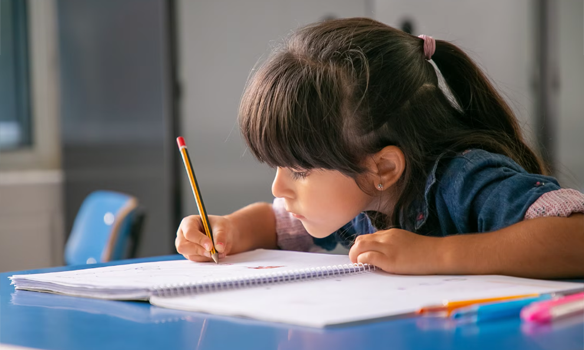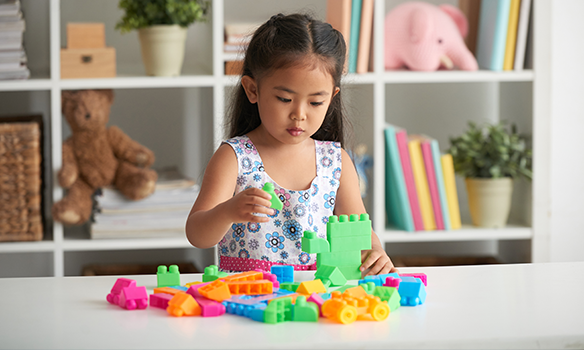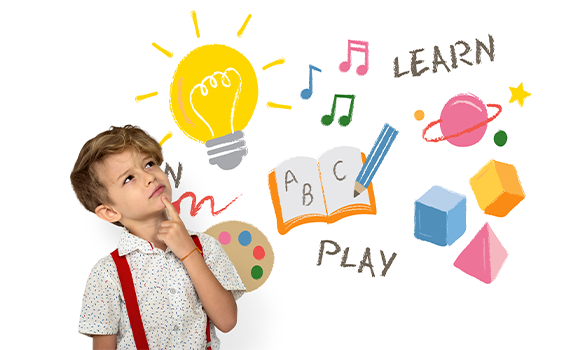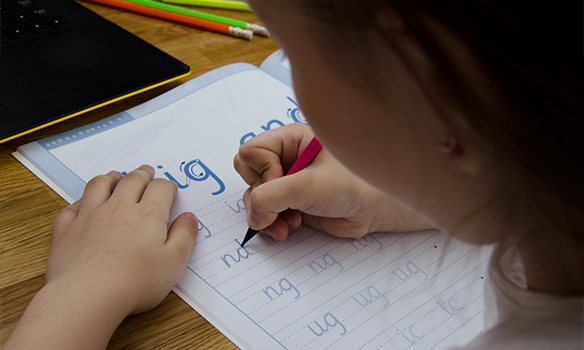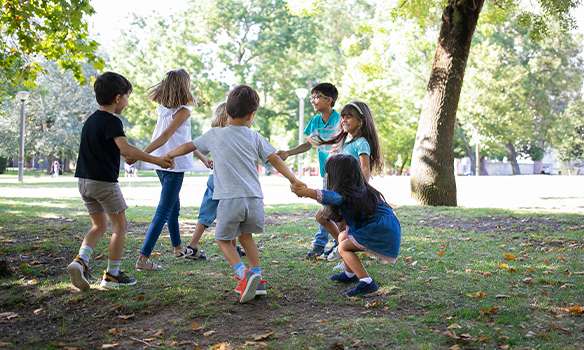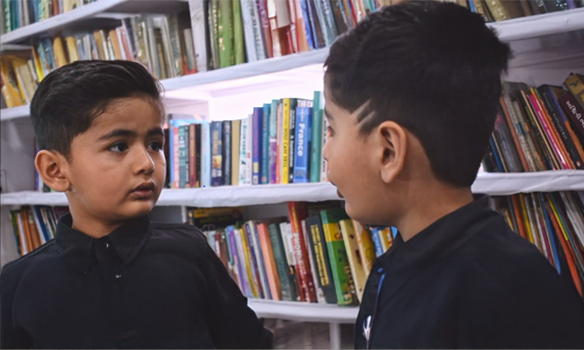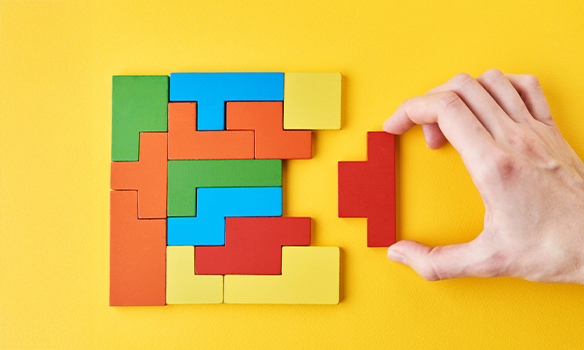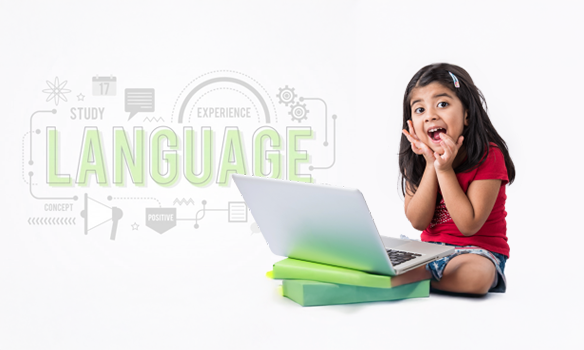Why Vocabulary Building Is the Backbone of Language Learning for Kids
A rich vocabulary is the foundation upon which all language learning is built. For children, especially in their formative years, vocabulary is more than just learning new words—it’s about developing the tools to think, speak, understand, and connect with the world around them. While grammar structures and phonics provide the framework, vocabulary gives language its substance. It is the fuel for communication, reading comprehension, and academic success.
In this blog, we’ll explore why vocabulary development is crucial for young learners, how it impacts their long-term academic and cognitive growth, and how parents and educators can work together to nurture a powerful word bank in every child.
Why Is Vocabulary So Important?
**Vocabulary Affects Reading Comprehension**
Children can only understand what they read if they know what the words mean. A limited vocabulary directly limits reading comprehension. Without a solid understanding of key words, children will struggle to make sense of even simple stories, let alone academic texts. That’s why building vocabulary must go hand-in-hand with phonics and reading.
**Vocabulary Strengthens Communication Skills**
The larger a child’s vocabulary, the more precisely they can express themselves. Instead of saying “bad,” they can say “awful,” “terrible,” or “unpleasant.” Instead of “good,” they can say “fantastic,” “excellent,” or “delightful.” A rich vocabulary empowers children to speak clearly, confidently, and creatively.
**Vocabulary Influences Academic Performance**
Standardized tests, competitive exams, and school assessments often rely on a student’s vocabulary. Subjects like science, social studies, and even math require children to understand domain-specific terms. Vocabulary development is therefore essential not just in English, but across subjects.
**Vocabulary Enriches Thinking and Imagination**
Words give shape to thoughts. A child who knows the word “curious” starts to understand a complex emotion that fuels learning. A child who learns the word “generous” begins to conceptualize kindness and giving. Through vocabulary, children learn to reflect, imagine, and explore the world intellectually and emotionally.
The Vocabulary Gap: Why It Matters
Children from word-rich environments often enter school knowing 2–3 times as many words as their peers from less verbal households. This “vocabulary gap” only widens as they grow older unless deliberate action is taken. Studies show that children who start behind in vocabulary continue to struggle throughout their academic careers.
That’s why early intervention is key. Programs like the “Reading Circle” and “Phonics and Grammar Boosters” by institutes like Little Genius focus not just on letter sounds and sentence construction but on systematic vocabulary expansion through stories, games, and conversation.
Effective Strategies to Build Vocabulary in Children
**Read Aloud Daily**
Reading aloud exposes children to a broader range of vocabulary than everyday conversation. Choose age-appropriate storybooks, poems, and informational texts. Discuss new words and relate them to the child’s experiences.
**Use Word-Rich Conversations**
Talk to children using expressive, descriptive language. Instead of “Look at the dog,” say “Look at the fluffy, golden retriever wagging its tail.” Modeling rich language helps children absorb new vocabulary naturally.
**Play Vocabulary Games**
Games like word bingo, picture-word matching, crossword puzzles, and vocabulary charades make learning words fun and engaging. Educational apps and word-building board games can also reinforce vocabulary in a low-pressure setting.
**Teach Word Roots, Prefixes, and Suffixes**
Helping children understand how words are formed makes it easier for them to guess meanings of unfamiliar words. For example, knowing that “un-” means “not” helps decode “unhappy,” “uncertain,” and “unkind.”
**Introduce Thematic Vocabulary Lists**
Group words into categories like animals, emotions, professions, or actions. Thematic learning helps children remember words more effectively and understand how they relate to each other.
**Encourage Storytelling and Writing**
Give children the opportunity to use new words by creating their own stories, poems, or picture descriptions. Oral storytelling also encourages children to actively recall and apply vocabulary.
**Visual Vocabulary Tools**
Create word walls, vocabulary flashcards, and picture dictionaries. Visual associations improve retention and make the learning environment more stimulating.
**Repetition with Contextual Variation**
Introduce new words in different contexts over several days. For example, the word “brave” can appear in a story about a firefighter, a superhero, and a shy child giving a speech.
Online Vocabulary Classes: A Game-Changer for Global Learners
Online classes have revolutionized vocabulary learning by making it accessible, interactive, and fun. Programs like Little Genius offer one-on-one sessions, group vocabulary camps, and integrated reading programs designed to expand children’s vocabulary through storytelling, digital activities, and live interaction.
Parents searching for the “best one-on-one English class online” or the “best grammar class in Dubai” are increasingly enrolling their children in structured vocabulary programs that show real results in reading fluency, confidence, and academic performance.
Why Little Genius Is a Leader in Vocabulary Development
Little Genius goes beyond rote memorization by immersing students in a language-rich environment. With a focus on comprehension, application, and expression, the curriculum incorporates:
- Daily new-word challenges
- Root-word and affix games
- Interactive read-aloud sessions
- Weekly storytelling practice
- Vocabulary-based grammar instruction
- Personalized vocabulary notebooks
Whether you’re looking for the “best online English class for kids” in India, the Middle East, or Southeast Asia, or specifically seeking the “best English class in Bangalore,” Little Genius offers a unique blend of academic rigour and creative engagement.
Final Thoughts
Vocabulary is not just about learning words—it’s about unlocking a world of meaning, communication, and curiosity. It empowers children to think critically, express freely, and succeed academically. The earlier you start, the better the results
As a parent or educator, make vocabulary development a joyful part of every day—through books, conversations, games, and structured programs like those at Little Genius. It’s a gift that keeps on giving for life.
Related Blogs
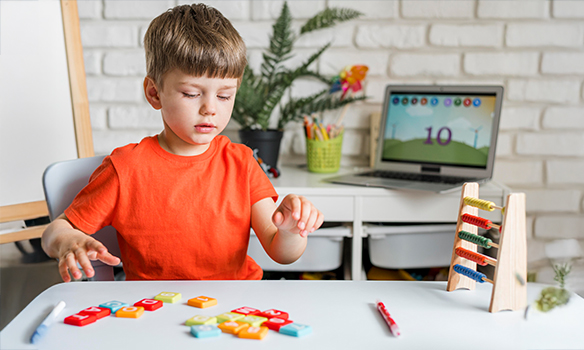
Early Learning in Nagpur: Using Phonics and Math to Build Strong Foundations for 3-Year-Olds






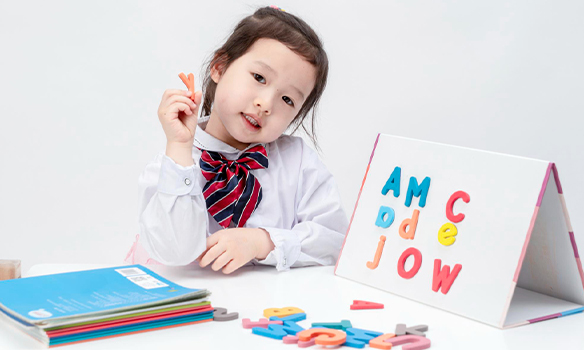

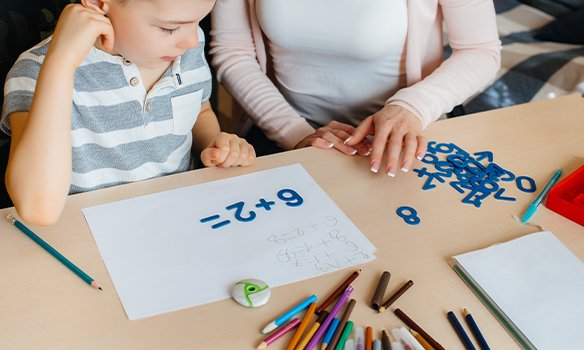
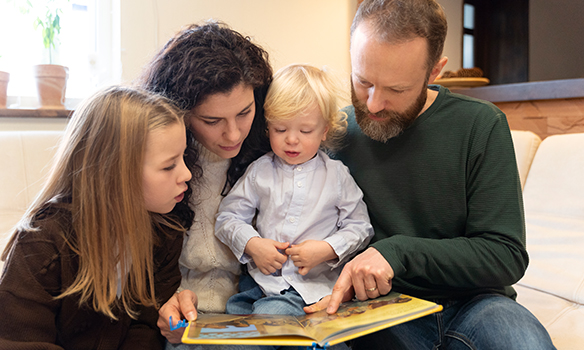
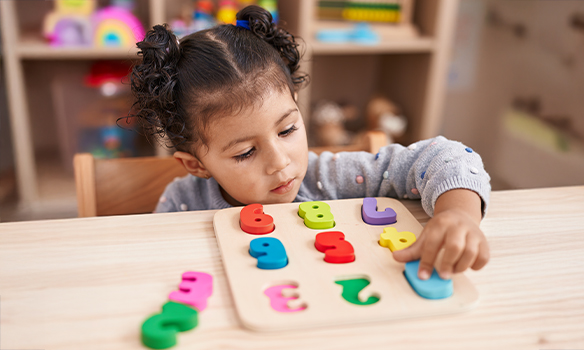



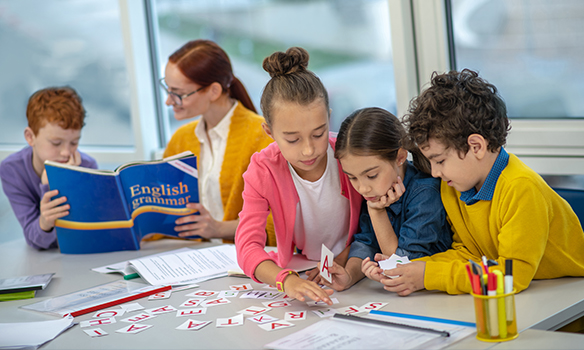




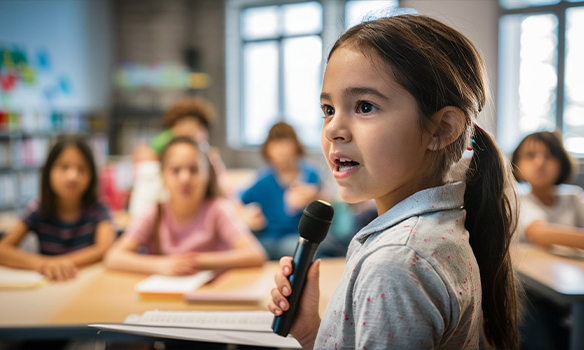
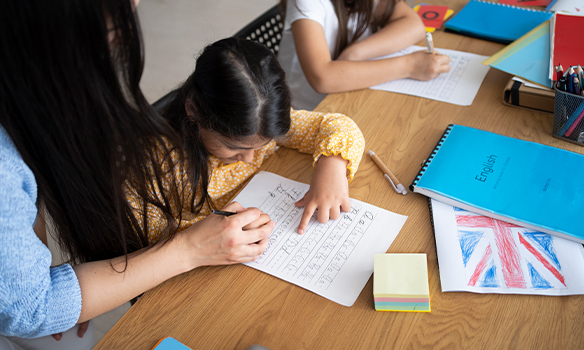


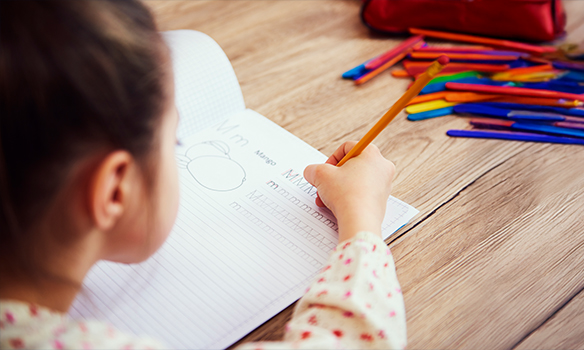





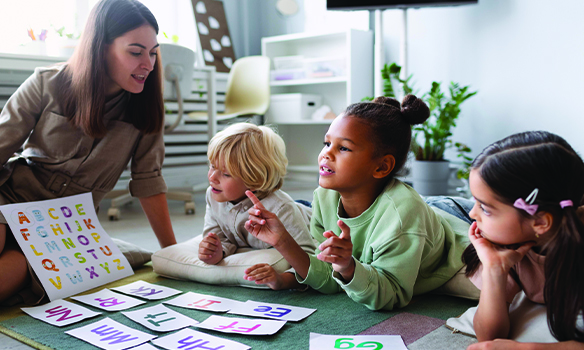
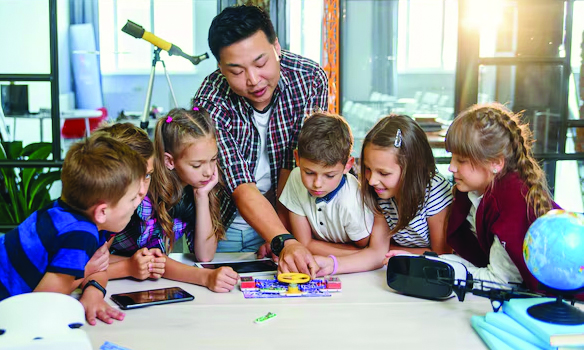

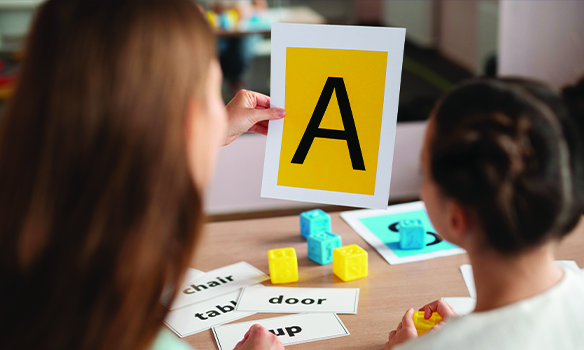


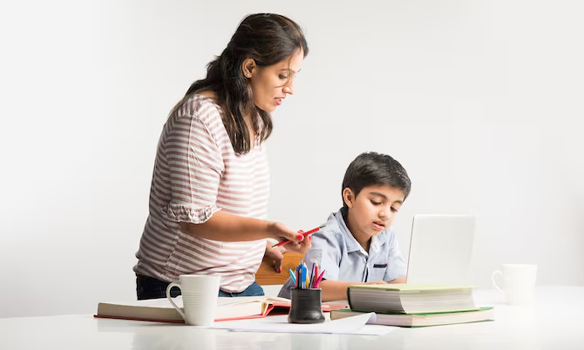




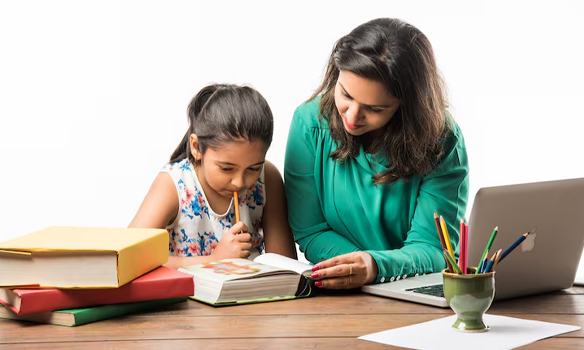

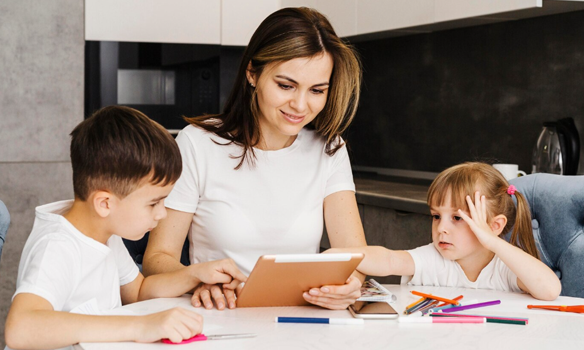


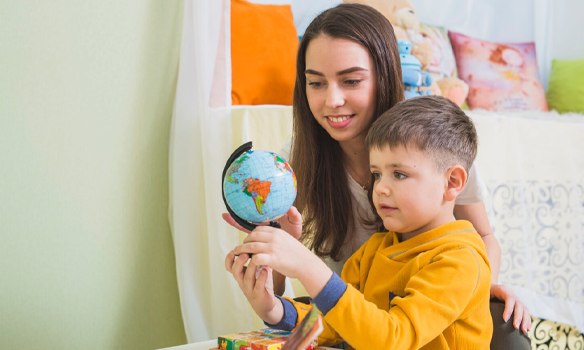


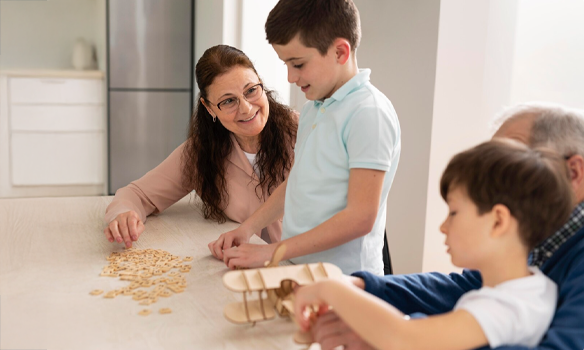
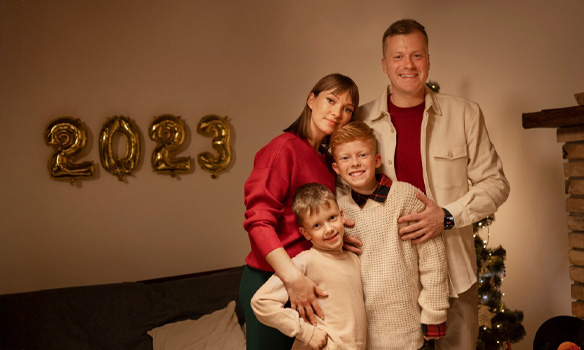






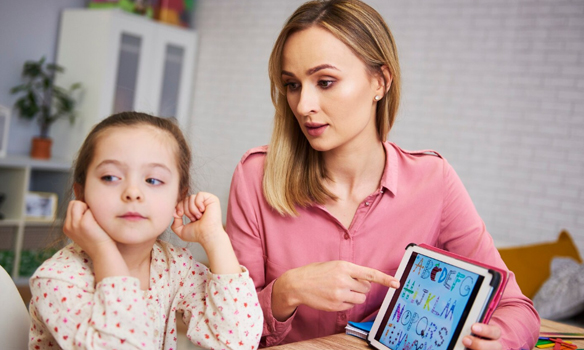





.jpg)
